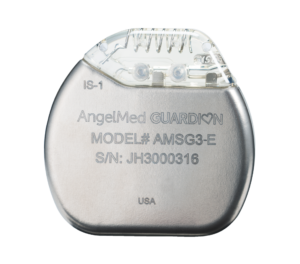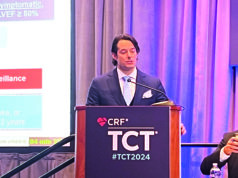 Avertix Medical has announced the publication of new data on the cost-effectiveness of its Guardian system in high-risk acute coronary syndrome (ACS) patients.
Avertix Medical has announced the publication of new data on the cost-effectiveness of its Guardian system in high-risk acute coronary syndrome (ACS) patients.
The Guardian system is a US Food and Drug Administration (FDA)-approved heart attack warning system to improve long-term management and outcomes of high-risk coronary disease.
The study, conducted by researchers from Duke Clinical Research Institute (Durham, USA), published in Future Cardiology, underscores the economic value of real-time intracardiac monitoring and alerting to heart attacks, the company says in a press release.
The analysis leveraged data from the pivotal ALERTS clinical trial complemented by findings from relevant literature, demonstrated that the Guardian system has an incremental cost-effectiveness ratio (ICER) of US$58,668 per quality adjusted life year (QALY) compared to current practice. This incremental cost per QALY falls within conventional cost-effectiveness thresholds and is similar to that found for other implantable cardiac technologies, reinforcing Guardian’s economic viability in cardiac care, Avertix notes in its press release.
“The findings from this study further validate the Guardian system as a proactive clinical option in addressing the critical unmet need for early detection and intervention in high-risk ACS patients,” said Tim Moran, president and chief executive officer of Avertix Medical. “This economic profile adds an important datapoint to what our physician partners already know about clinical benefits—real-time, continuous intracardiac monitoring can be a game-changer for patients at risk of recurrent cardiac events. By enabling earlier hospital arrival, even for silent heart attacks, Guardian has the potential to improve outcomes and downstream sequelae, assist in sustaining quality of life, and optimise healthcare resource utilisation.”
Lead author Gillian Sanders Schmidler said: “Reducing delay between onset of occlusion and guideline-directed medical management is a well-accepted treatment goal for high-risk ACS patients. Our analysis supports that the use of the Guardian system with these patients not only improves health outcomes but is economically attractive when compared to standard of care.”













